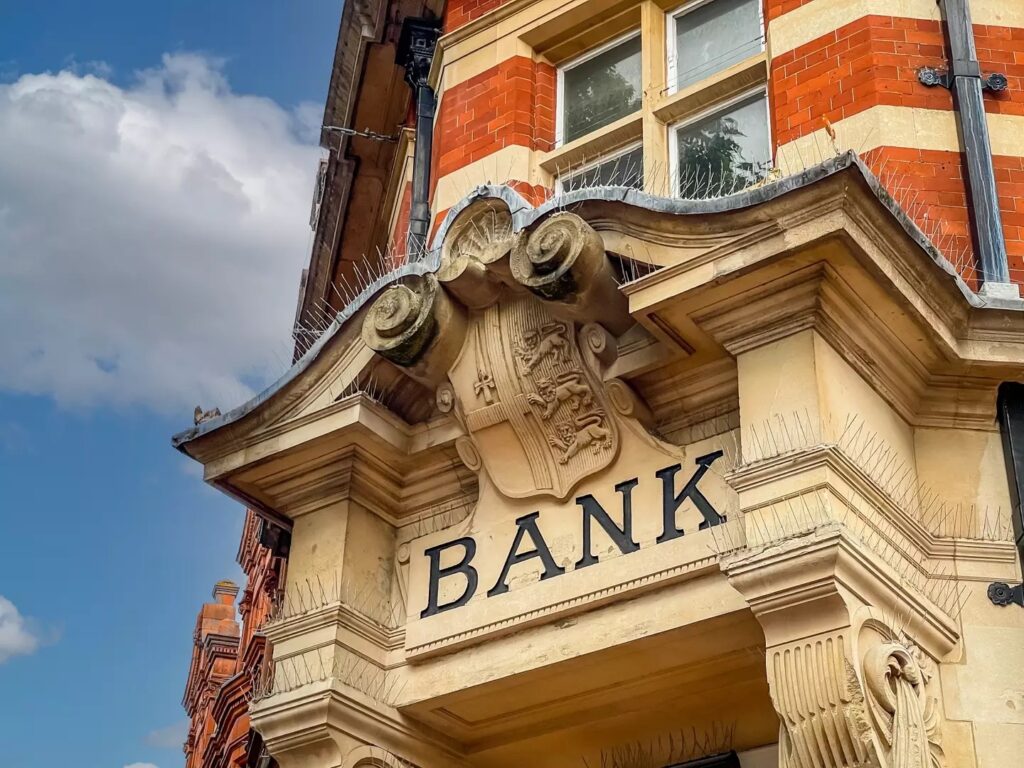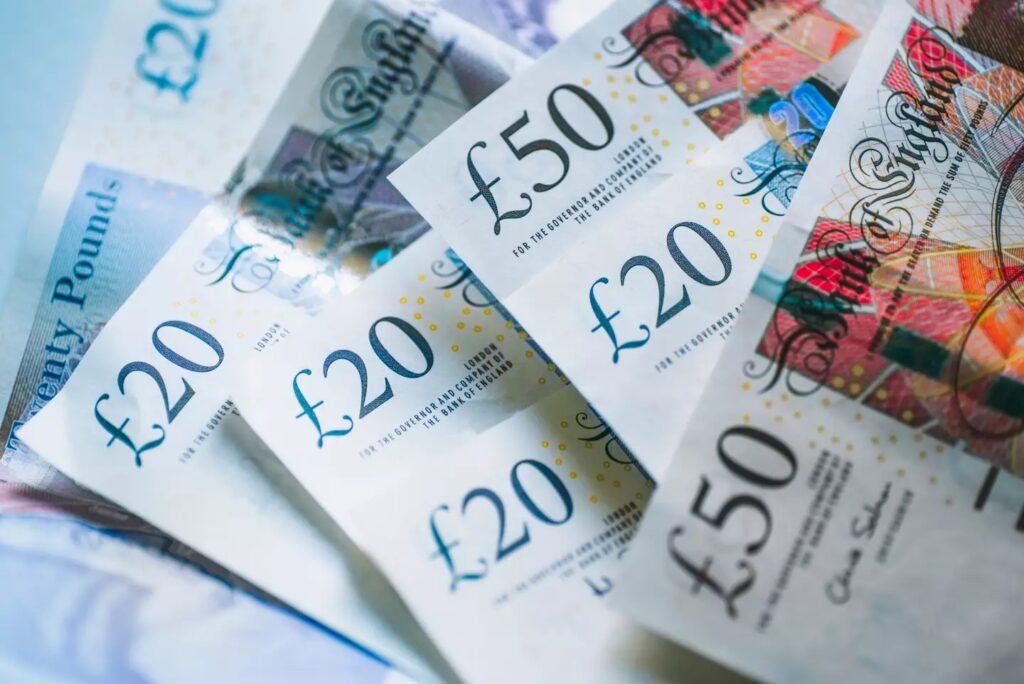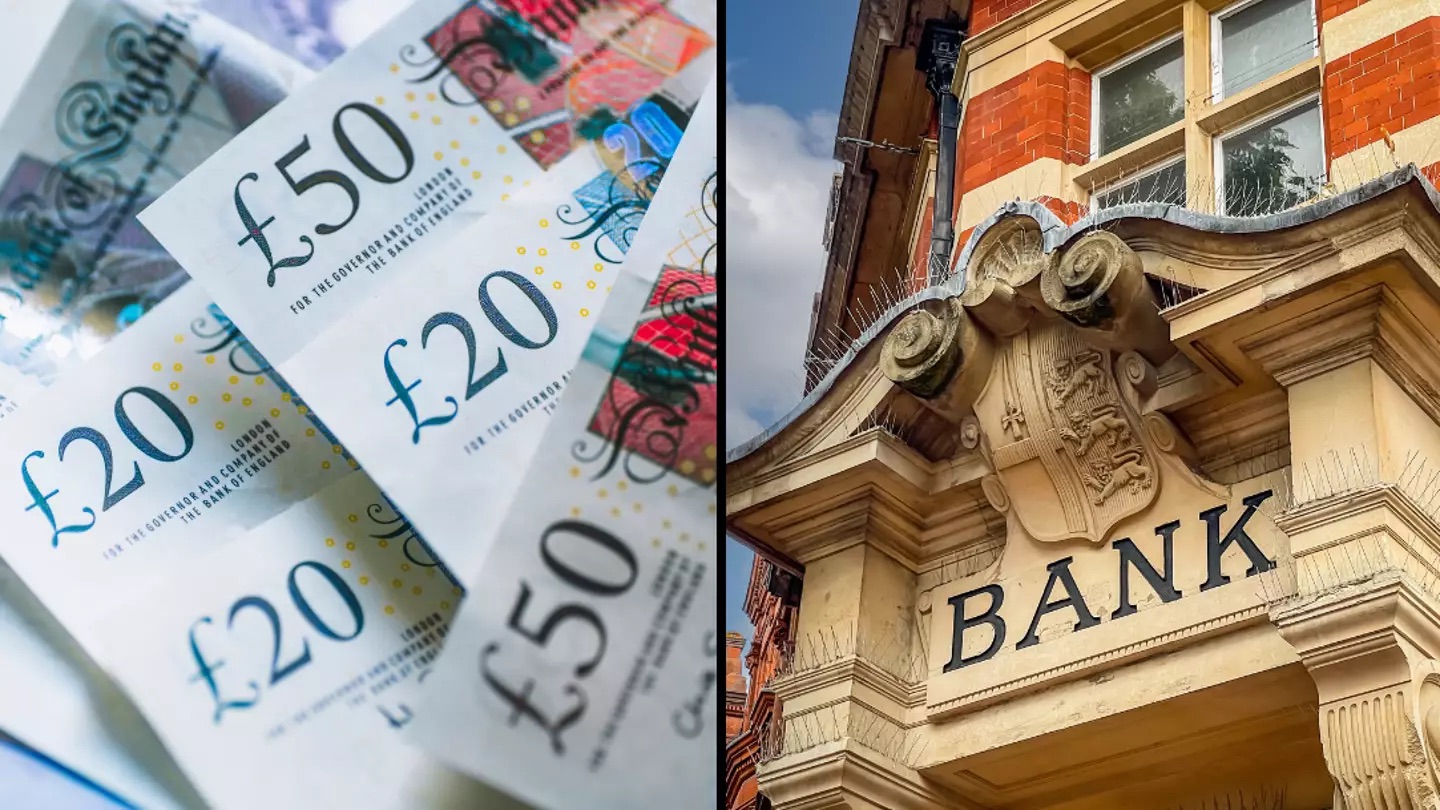New banking regulations in the UK, implemented to protect individuals from scammers, may inadvertently leave some citizens at a disadvantage. Effective today (7 October), these changes are designed to safeguard those who have fallen victim to fraud and criminal activities that affect their bank accounts. However, despite the intent to enhance security, the new rules could lead to unintended consequences.
Under this revised system, UK banks and building societies are now legally obligated to refund customers in most cases of fraud. This industry-wide reform allows many individuals who have had their money stolen to recover up to £85,000, providing relief for those targeted by criminals. However, as part of the new process, banks are also allowed to charge fees for refunding the stolen funds. Here’s what you need to know.

Why are these changes being implemented? They respond to the notable rise in scams in recent years, particularly purchase and romance scams.
Purchase scams trick individuals into buying items that either don’t exist or never arrive. Romance scams target those seeking companionship, ultimately leading to financial transactions after trust has been established. Furthermore, there has been an increase in impersonation scams, where criminals pretend to be representatives from your bank or other official organizations. Their goal is to obtain your banking information to steal funds or convince you to transfer money to a “safe” account, which they actually control.

Can I recover my money if I’m scammed?
In many cases, yes, but it doesn’t apply to everyone who loses money.
The new regulations cover cash sent via UK bank transfers, such as Faster Payments or CHAPS. However, transactions made with cards, cash, or cheques are not protected under these rules, meaning that money lost in those transactions will not be recoverable. If you qualify for reimbursement, you should expect to receive your funds within five working days, or up to 35 days for more complex cases.
Will banks charge me to reclaim my money?
Yes, although this may vary depending on the situation.
Banks can impose a fee of £100 per case, but this policy differs among institutions. For instance, Lloyds will apply the £100 fee, while Barclays may deduct it from the refund amount, according to Money Saving Expert (MSE). It’s crucial to check with your specific bank. If the amount you were scammed is small, you might decide it isn’t worth pursuing.
As Lloyds states, “We’ll apply a £100 excess from the total refund. This is a fixed amount for each claim you make. For example, if your claim is for £1,000, your refund will be £900.”
MSE also raises a concern that scammers might start targeting smaller amounts more frequently because of the £100 fee. They note, “For many, £100 is not a trivial amount to lose, and our concern about having this limit in place is that it could lead to scammers evolving their tactics to defraud people via smaller individual payments of less than £100, hoping that victims won’t report it since they won’t get it back.”
